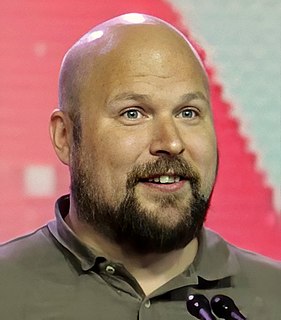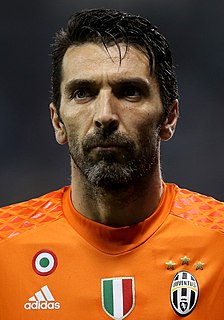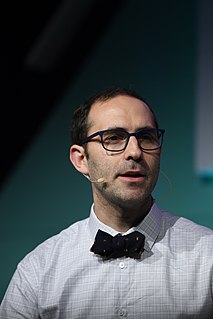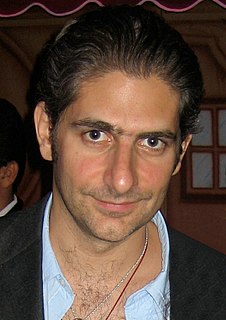A Quote by Chris Kilham
For a product to really be sustainable, it's really got to deliver the goods for the end user. That drives the whole rest of the equation.
Related Quotes
User experience is really the whole totality. Opening the package good example. It's the total experience that matters. And that starts from when you first hear about a product experience is more based upon memory than reality. If your memory of the product is wonderful, you will excuse all sorts of incidental things.
I think the way design was practiced for most of the 20th century was very declarative. A designer came up with a solution for a project and put it in place and shipped the solution and it landed in a reader or a customer's hands as a brochure. They would see it as a poster, or as a piece of signage. And that was sort of it. That was the end of it. I think Internet technology has really upended that whole equation because in some ways a designer's work is never really done online.



































